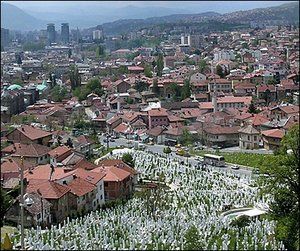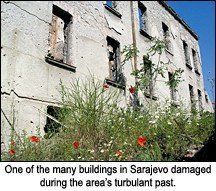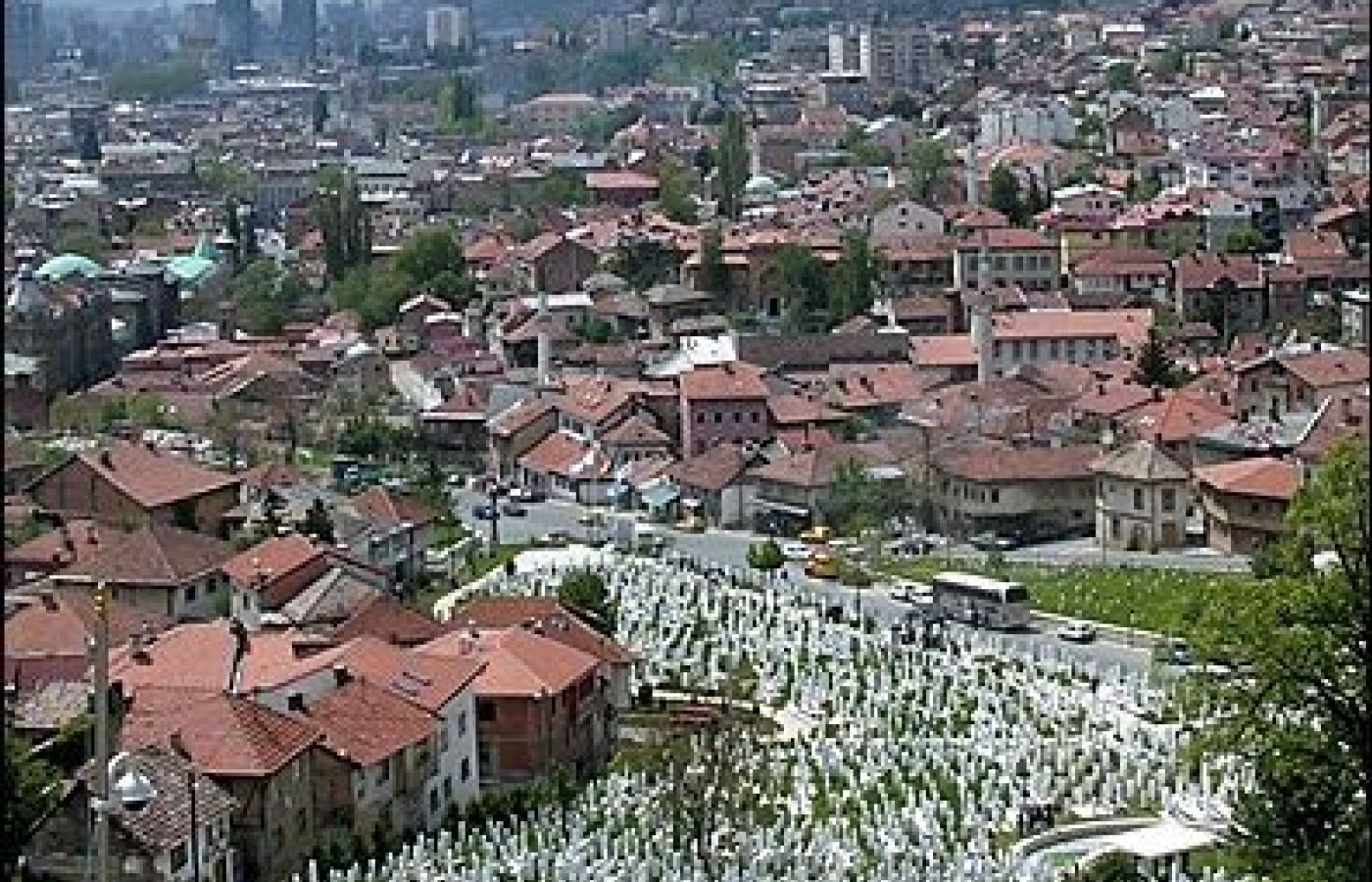The most important relationship I seek to nurture in the treatment room is the one a patient has with their own body. We live in a culture that teaches us to override pain, defer to outside authority, and push through discomfort. Patients often arrive hoping I can “fix” them, but the truth is, we can’t do the work for them. We can offer guidance, insight and support, but healing requires their full participation.
Healing the Wounds of War
The Serbian siege of Sarajevo in the mid-1990s has left scars on the land, its people and their spirits. For four years, from 1992 to 1996, the city's inhabitants suffered through ethnic cleansing, torture, rape and being cut off from food, electricity and medicine. Ten years later, the Healing Hands Network, a U.K.-based charitable organization that brings healing in the many forms of complementary and alternative medicine (CAM), is helping the people in the region to rehabilitate physically and emotionally.

"The impetus came from a group of complementary therapists who had visited Sarajevo in 1996, shortly after the end of the war, and who had realized how much their therapies could help the people there," said Deirdre Parrinder, Lic. Ac., MBAcC, one of the organization's volunteer acupuncturists. "Healing Hands' first mission to Sarajevo was in February 1997. At the time there was devastation in all directions. Some people had been terribly injured by shrapnel or landmines; others had been raped or tortured. Much of Sarajevo has been rebuilt, but the scars of war are still there and one can feel overcome by a sense of sadness, fear and loss."
The volunteer practitioners operate from a rented house in the old area of Sarajevo that has two treatment rooms, as well as from outreach homes in three surrounding areas that were Serb-controlled during the war. Four practitioners are always on hand, with two new volunteers arriving each week and staying for two weeks. There are also two interpreters on hand who help organize the patients' visits and manage the office. Practitioners work half of the time in the rented house and the other half in one of the outreach homes. "The first year I went (2005), we worked in a building in one area in which some of the patients had been held and tortured during the war," reminisced Parrinder.
Practitioners who volunteer their time, money and background with Healing Hands do so for many reasons, each unique to the individual. "In one way, working in Bosnia was a natural extension of my career path," said Parrinder. "I have always been interested in making acupuncture available to people who cannot afford to pay. I think the trigger, though, was my opposition to the Iraq war. When I heard of Healing Hands Network, I knew I had found what I had been looking for, a practical way to help the victims of war. I have now visited Bosnia twice, in 2005 and 2006, and I plan to go again next year."

Some of the memories remind Parrinder of the hardship faced by the residents of Sarajevo. "One woman had lost 22 family members, including her husband, daughter and son-in-law. Another woman had seen her three sons blown up by a landmine. Another woman had lost her whole family, a husband and two sons. She had recently, after 10 years, found her husband's bones in a mass grave. By nature she was a cheerful sort of person. She said, 'I've tried crying and I've tried laughing, I think death is the only cure for me.' Other patients had lost limbs, had nerve damage, or still had shrapnel in their bodies."
Healing Hands has plans to visit other areas in need of their healing missions. "They will probably send a few volunteers to Kosovo next year," said Parrinder. "There is also a project starting in Kenya at a Nairobi woman's hospital with rape victims. This project will concentrate on involving local therapists [and] showing them how Healing Hands works, and will be organized differently from the work in Bosnia."



